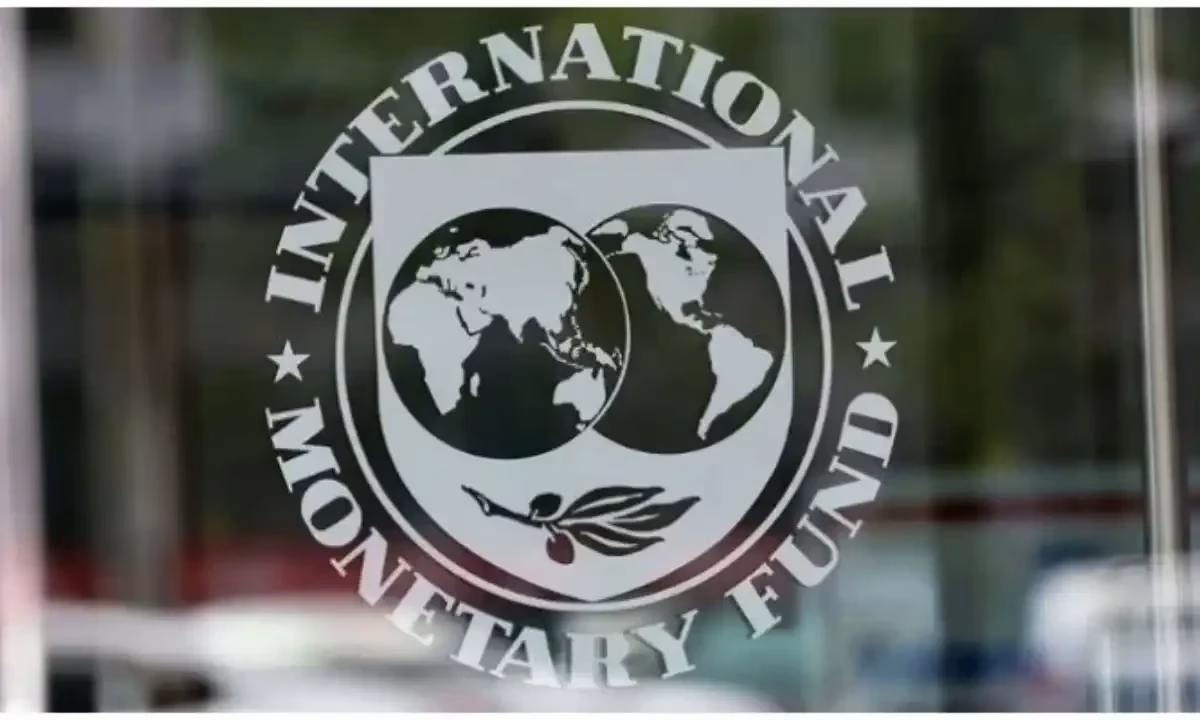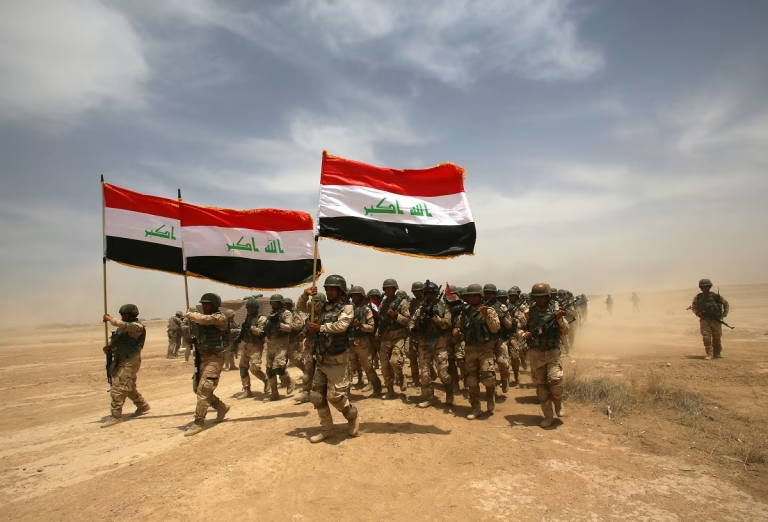
Argentina and the IMF: A New Step Toward Enslaving the Nation of Freedom
Since 1958, Argentina and the International Monetary Fund (IMF) have signed over 20 agreements, the vast majority of which ended in violations. On April 11 of this year, one of the region’s top economic headlines was the signing of a new $20 billion deal. Javier Milei and his supporters celebrate it as a victory, while opponents are convinced it marks another phase in the country’s bankruptcy and enslavement.
Reforms on credit: conditions of the landmark agreement
The agreement spans 10 years (with a 4.5-year grace period) and carries an annual interest rate of 5.63%. This is an “unprecedented” milestone, as the IMF has never before disbursed such a large sum in the first tranche of a program. The deal includes an initial review in June 2025, after which an additional 2 billion will be released. Moreover, the agreement is expected to serve as a “catalyst” for securing another 61 billion in financing from multilateral organizations like the World Bank and the Inter-American Development Bank.
The new deal was signed in response to Argentina’s request for medium-term assistance to stabilize its balance of payments and support the next phase of Milei’s stabilization and reform program. According to the government, the plan aims to consolidate the “impressive initial results of recent policy measures,” backed by fiscal and monetary adjustments and deregulation, while addressing Argentina’s lingering macroeconomic vulnerabilities. Officials describe it as a way to strengthen macroeconomic stability, enhance external resilience, and lay the foundation for stronger, sustainable growth.

Photo by Bloomberg
Key elements of the program include maintaining fiscal discipline, transitioning to a stricter monetary and exchange rate regime (with gradual easing of currency controls), and advancing structural reforms to foster a more dynamic, market-driven economy. The government insists that steadfast policy implementation and contingency planning will be crucial for the program’s success, especially given heightened global risks.
Argentina’s administration has pledged reforms to the tax, labor, and pension systems, though it acknowledges that timing will depend on the political climate. IMF chief Kristalina Georgieva praised Milei’s first-year results, stating that his “decisive stabilization plan, supported by strong fiscal measures and structural reforms, has rapidly stabilized inflation, spurred economic recovery, and begun improving social indicators.” However, she cautioned that Argentina still faces vulnerabilities, including limited foreign reserves to counter global shocks and persistent barriers to sustainable growth.
Domestic Backlash: “A Path to Subjugation”
Not everyone in Argentina shares the enthusiasm for this massive loan. Axel Kicillof, governor of Buenos Aires Province and a likely future presidential candidate, has lambasted Milei’s policies, arguing that inflation is worsening, consumption keeps falling, and both external and internal debt are growing. He calls the IMF deal nothing short of “submission” and labels Milei a “globally infamous fraudster” who disguises failures as achievements while imposing tragic consequences on the nation.

Photo by Ambito Financiero
Former President Cristina Fernández de Kirchner has also joined the criticism, accusing Milei of engineering a “30% devaluation at the IMF’s behest.” She alleges that Economy Minister Luis Caputo profited from financial speculation and capital flight, while the new IMF loan has already “burdened Argentines with the weight of poverty.”
The IMF’s Controversial Role
The IMF (along with the World Bank) is frequently criticized by scholars and politicians worldwide, often for its pro-American bias and the ineffectiveness of its crisis prescriptions. Decision-making power in the IMF is tied to financial contributions, with an 85% majority required to approve major decisions. The U.S. holds roughly 17% of the votes—not enough to pass resolutions unilaterally but sufficient to veto any it opposes. The U.S. Senate can even pass legislation barring the IMF from certain actions, such as issuing loans to specific countries.
Quota reforms have done little to alter the IMF’s power structure: the U.S. retains its veto, and Washington continues to dictate the Fund’s agenda. In Argentina’s case, the approved loan appears to be yet another lure in Washington’s long-standing strategy for a region it has long treated as its “backyard.”
For now, Milei’s government portrays the deal as salvation, while skeptics see it as another step toward dependency. The real test will come when the bill comes due—and Argentines, once again, bear the cost.

